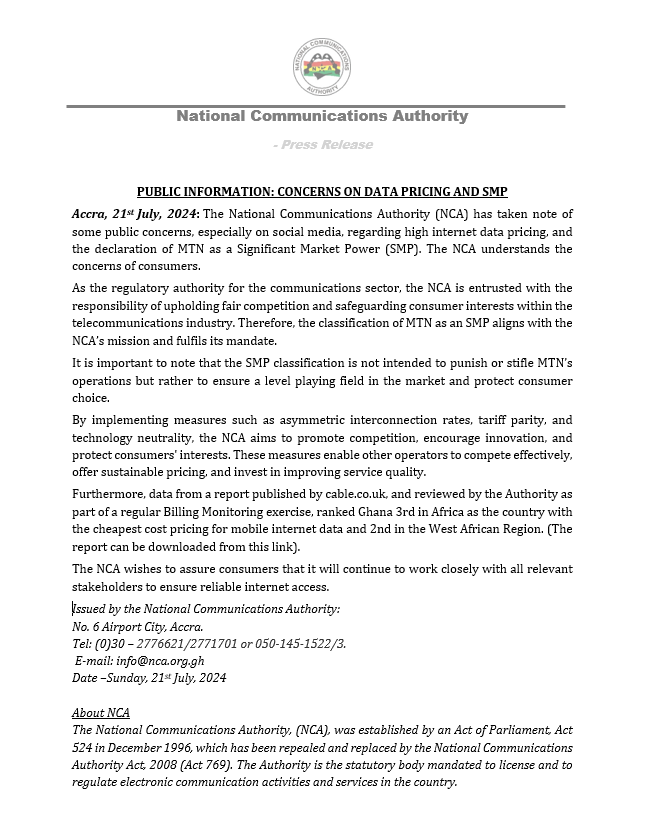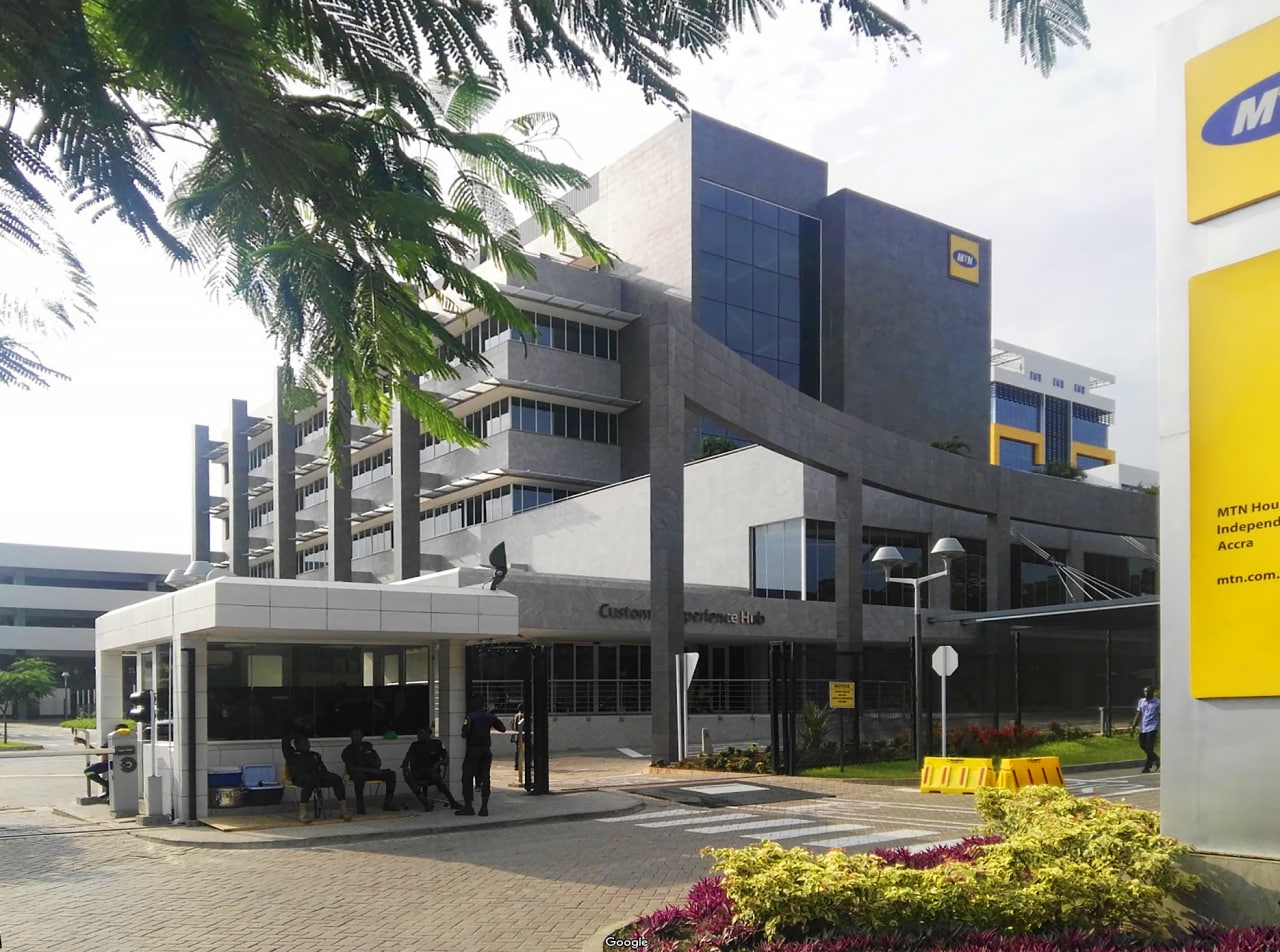
Recently, there has been a growing outcry on social media over the escalating cost of data in Ghana, led by prominent tech influencer and philanthropist Yeboah Samuel, known online as Tech In Twi. Samuel’s advocacy highlights a critical issue affecting millions of Ghanaians who rely on affordable internet access for work, education, and daily communication.
One of Samuel’s tweets reads, « According to what the NCA released to the public, the average data for 1GB in Ghana is $0.40. Meanwhile, 1GB of data is 17 GHC, which is around $1.20. This means the statistics that the NCA provided are outdated or misleading. #DissolveNCAboard #NCAAreTheEnemies. »
This discrepancy between reported and actual data costs has sparked significant debate, questioning the transparency and accuracy of the National Communications Authority’s (NCA) data.
The Social Media Outcry
Samuel’s campaign, underscored by hashtags like #DataMustBeCheap #DissolveNCAboard and #NCAAreTheEnemies, points to a deeper frustration among Ghanaians. In another tweet, he criticises the NCA’s role in regulating data prices:
« MTN’s investment in Ghana aims to provide its customers with the best possible service. Since MTN has the majority of users, a small group known as the NCA that is paid by our taxes has ordered them to increase the prices of their services, which is affecting data prices so that we can suffer. How can we care about the food these NCA people will eat when they do not care about our well-being? »
Samuel’s advocacy has resonated with many Ghanaians who feel the pinch of high data costs in their daily lives. His tweets have not only highlighted the issue but have also called for actionable change, urging the Vice President to address the concerns:
« You are the Vice President. Section 6(3) of the National Communications Authority (NCA) Act 2008 states that the members of the Board of the National Communications Authority (NCA) shall be appointed by the President. This means that you have the power to effect change now. »
The NCA’s Response
The NCA has acknowledged the public’s concerns, particularly those expressed on social media. They assert that the classification of MTN Ghana as a Significant Market Power (SMP) aligns with their mission to ensure fair competition and protect consumer interests. The NCA’s measures, such as asymmetric interconnection rates, tariff parity, and technology neutrality, aim to foster competition and encourage innovation.
In their defence, the NCA cited a report by cable.co.uk, reviewed by the Authority, which ranked Ghana 3rd in Africa and 2nd in West Africa for the cheapest mobile internet data pricing. This ranking, part of a regular Billing Monitoring exercise, contrasts sharply with the experiences shared by Ghanaians like Samuel.

MTN Ghana’s Stance
MTN Ghana has also responded to the public’s concerns, emphasising the regulatory measures that impact their pricing. During a visit by the Parliamentary Select Committee on Communication, MTN Ghana’s Chief Corporate Services and Sustainability Officer explained that the company’s designation as an SMP necessitates higher data prices than their competitors. This designation, intended to improve competition, has inadvertently led to higher costs for consumers.
« I believe the NCA has addressed the subject as to why we have some of the data pricing we have. They have also talked about how low our prices are in the sub-region, » the officer stated. « The declaration of MTN Ghana as a significant market player means that our data prices have to be higher than our competitors. »

Is It Good for NCA to Break the SMP?
There is a compelling argument for the NCA to reconsider its stance on MTN Ghana’s designation as an SMP. While the intention behind the designation is to foster competition, the resulting high data prices are adversely affecting consumers. By breaking the SMP, the NCA could allow for more competitive pricing, leading to lower costs for consumers. This move could also stimulate the market, encouraging other telecom operators to innovate and improve their services to attract more customers.
The Call for Change
Despite the explanations from the NCA and MTN Ghana, the public’s frustration persists. The high cost of data remains a significant barrier for many Ghanaians, limiting access to essential online services and opportunities. Samuel’s campaign and the widespread social media support it has garnered reflect a broader demand for affordable internet access.
As Ghanaians continue to ask when data costs will fall, the pressure is on the NCA and telecom providers to find a sustainable solution that balances fair competition with consumer affordability. The ongoing dialogue between regulators, providers, and the public will be crucial in addressing this pressing issue and ensuring that all Ghanaians can benefit from the digital age.
Pulse





